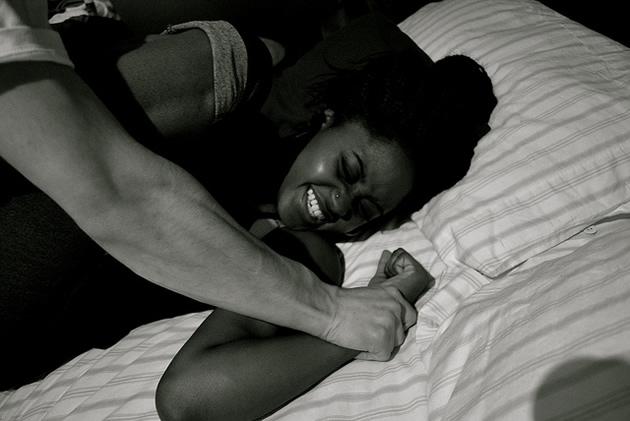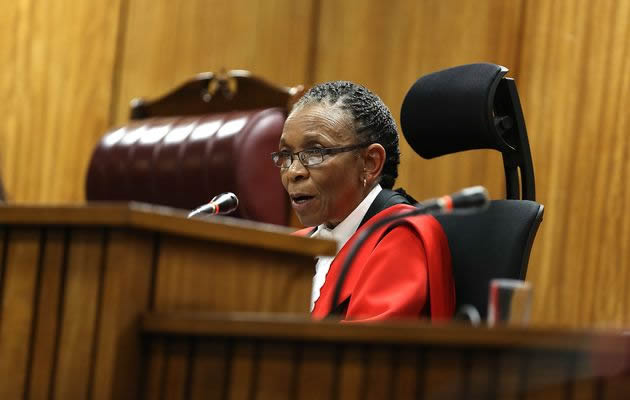Action plan against rape, sexual abuse rolled out

 Vaidah Mashangwa
Vaidah Mashangwa
THE rising cases of rape and sexual abuse perpetrated against women and girls including elderly women prompted the government to establish the Cabinet Inter-Ministerial Committee on rape and sexual abuse against women and girls. The Inter-Ministerial Committee has already rolled out the National Action Plan in order to curb the high incidence of rape and sexual violence.
To spearhead the implementation of the National Action Plan, provincial taskforces have been established at provincial level with the Ministers of State for Provincial Affairs chairing the taskforces. The taskforce members include officials from the ministries of Justice, Legal and Parliamentary Affairs, Education and Home Affairs.
The number of rape victims is a great concern to policy makers and the government as the number of juveniles raped increased from 3,168 in 2012 to 3,297 in 2013 according to police. Apart from that, in the first quarter of 2014, a total of 946 juveniles were raped as compared to 408 recorded in the first quarter of 2013.
It must be remembered though that at times the victims are infected with HIV and STIs. Victims should be reminded too to avoid destroying evidence by bathing and washing clothes they were wearing before being examined at the rape clinics and reporting to the nearest Victim Friendly Unit. It is also imperative to seek medical examination within the stipulated 72 hours after rape.
It is unfortunate that while young girls or children are mostly raped by their immediate family members especially uncles, most families do not report such cases. One survey revealed that 39 percent of families kept their children’s experience of sexual abuse secret. Other victims due to fear of victimisation, also prefer to keep quiet.
The other factor is that due to a high number of child-headed homes, the absence of parents in some families has left children without any parental protection from rape and sexual abuse. In some cases, it is also the same immediate members of the extended families who rape and abuse these orphans.
Apart from that, children living in the streets are equally affected as well as those with disabilities. It is estimated that globally children with disabilities experience violence, abuse and exploitation twice as often as children without disability. Some with severe disability fail to report effectively as most service providers are not trained in sign language. There is dire need to devise ways to ensure women and girls with disabilities fully report incidents of rape and sexual abuse just like anyone.
Due to economic challenges, quite a number of young girls than ever before are engaging in pre- marital sex and prostitution. This places them at greater risk of abuse and exploitation. A number of them contract STIs and HIV in the process. Due to poverty some families continue to practise harmful cultural practices such as early child marriages in exchange of bags of maize or livestock.
The National Action Plan on ending rape and sexual abuse of women and girls is underpinned by four priority pillars of the National Gender Based Violence namely Prevention, Service Provision, Research, Documentation, Monitoring and Evaluation and Coordination.
Under Prevention, one of the key strategies is to address the negative cultural and religious practices that fuel rape and sexual violence as alluded to earlier on. There is also need to raise awareness on rights and gender responsive laws. Service provision would include proposing mandatory sentences for rape and sexual abuse and the Ministry of Women Affairs has already started the process. If this sails through Parliament then men as major perpetrators of rape and sexual abuse should start braving themselves to serve even life imprisonment for perpetrating rape and sexual abuse.
Research, documentation, monitoring and evaluation includes carrying out research on the causes of rape and sexual abuse as well as conducting research on other priority research areas among other issues.
The National Action Plan targets schools, churches, tertiary institutions, work places and specific interventions for each target group have been identified. In tertiary institutions issues to be addressed include sexual harassment and its consequences, intergenerational relationships and cohabitation, rape and dating violence.
It has emerged that most students due to lack of proper funding from parents, cohabit and some engage in sexual relationships in exchange of good grades and some engage in sexual relations with older men to get material and financial support.
In churches the main areas of focus are sexual harassment, rape, arranged marriages, early marriages, spiritual deliverance, mushrooming of churches and age of pastors and counselling. A number of women and girls have over the past fallen prey to lustful pastors who in the name of prayer and deliverance raped innocent women and girls. RMG End Time Message founder Robert Martin Gumbura is an example of the man of cloth who sexually abused female members of his church.
Activities for the work- place will include sexual harassment, domestic violence and maternity benefits. It is the right of women to access maternity leave as well as protecting them from sexual harassment from superiors.
The school- based programme will also include forming of gender clubs, branding of school accessories with messages on rape and sexual abuse on rulers, pens and exercise books. The Ministry of Women Affairs, Gender and Community Development will also establish provincial and district hotlines for children, among other programmes.
Traditional leaders as custodians of communities will act as mediators when solving conflicts, provide shelter to victims of rape and sexual abuse and punish perpetrators using the traditional system of banishment, among others.
The Inter-Ministerial Committee needs a lot of support from everyone including Parliamentarians, traditional leaders, communities, private and public institutions so that this National Action Plan comes to fruition.
- Vaidah Mashangwa is the Provincial Development Officer, Bulawayo, in Ministry of Women Affairs, Gender and Community Development. She can be contacted on 0772111592 email vmashangwa @ gmail.com











Comments